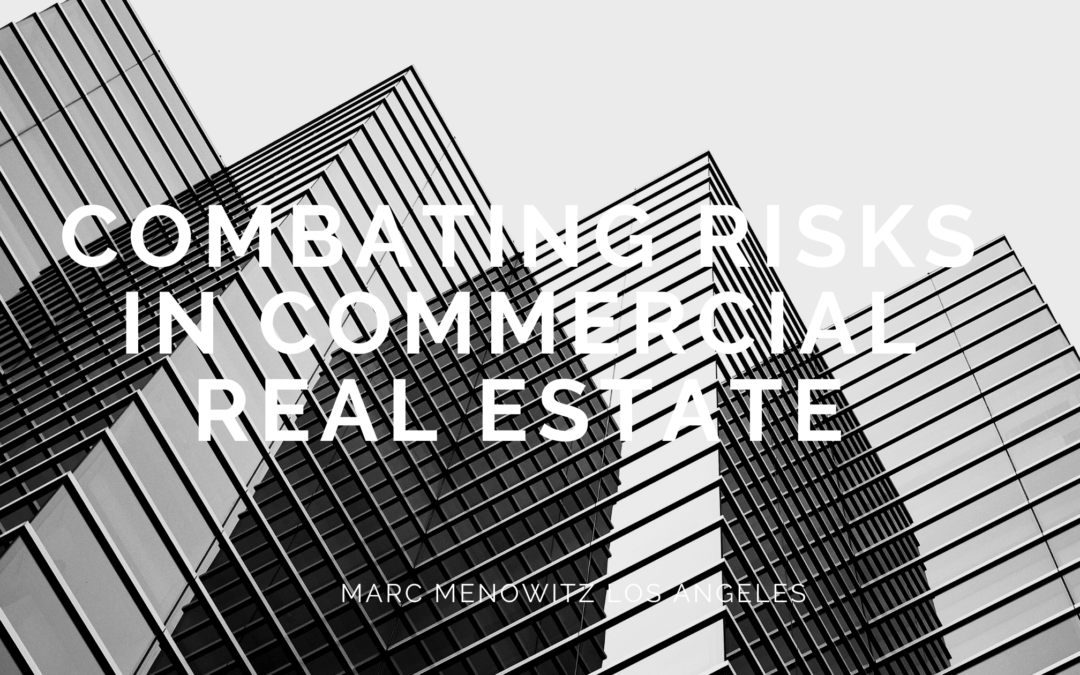Knowledge is power, and possessing the right information can be the difference between managing through a crisis and falling prey to commercial real estate risks. Many people feel the impact of the Covid19 pandemic and choose to either close their businesses or adjust certain agreements to meet their economic demands.
Commercial real estate requires multiple income pathways to operate for ultimate and sustainable success, and it is best to find a practical answer to combat the current climate’s risks. This process involves cooperation from three sides, the tenant, property owner, and government.
First, knowing one’s rights and acquiring appropriate legal counsel ensures a person can negotiate and work out a temporary and working solution for all parties concerned. The tenant and property manager need to understand the lease conditions and use their lawyers during negotiations to make necessary changes, such as inserting unique clauses with precise language.
Additionally, they can include a particular clause for unprecedented circumstances, such as one concerning the pandemic contagion, to manage the responsibility for contraction and spread of the virus. In doing so, each side knows the preventative measures to take and the steps to take when there is a positive result. Such attentive action increases care and general security in and around the property.
Next, commercial real estate participants can involve the government by looking at the state’s various insurance services. A manager can integrate a clause transferring the risk to the government and reduce the burden, which is especially essential when the coverage includes rare instances such as terrorism and pandemics.
The property manager should involve a broader renter base to ensure consistent returns from individual sections, even when some occupants may fail to pay rent due to income and employment problems. A comprehensive screening process can enhance your tenant retention and allow one to manage different risks and preventable issues. For instance, a property owner can avoid evictions that exacerbate the risks with their expensive and time-consuming nature.
The key to successful risk avoidance in commercial real estate is understanding the tenant profile, lease clauses, and government backstop provisions. Carrying out extensive and intensive research, seeking legal counsel aid, and having some flexibility will initiate and facilitate an otherwise challenging conversation. Using this information, a person can negotiate and make possible legal modifications to satisfy all parties concerned.
